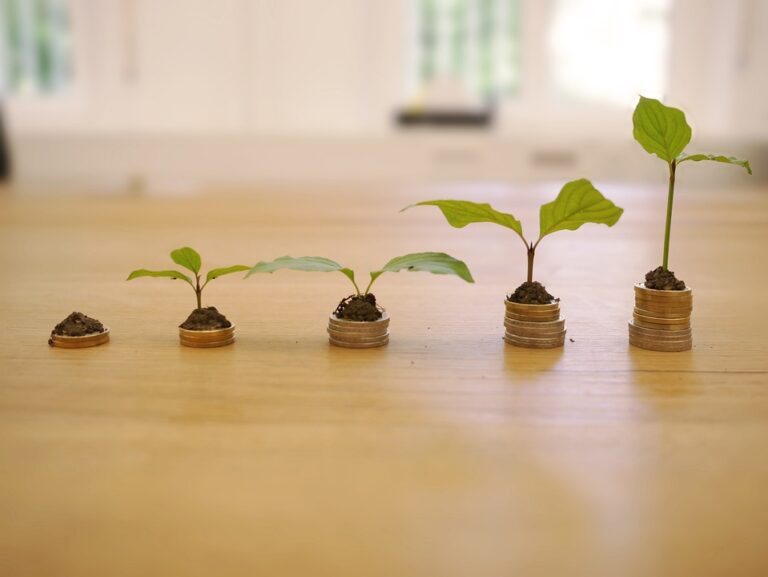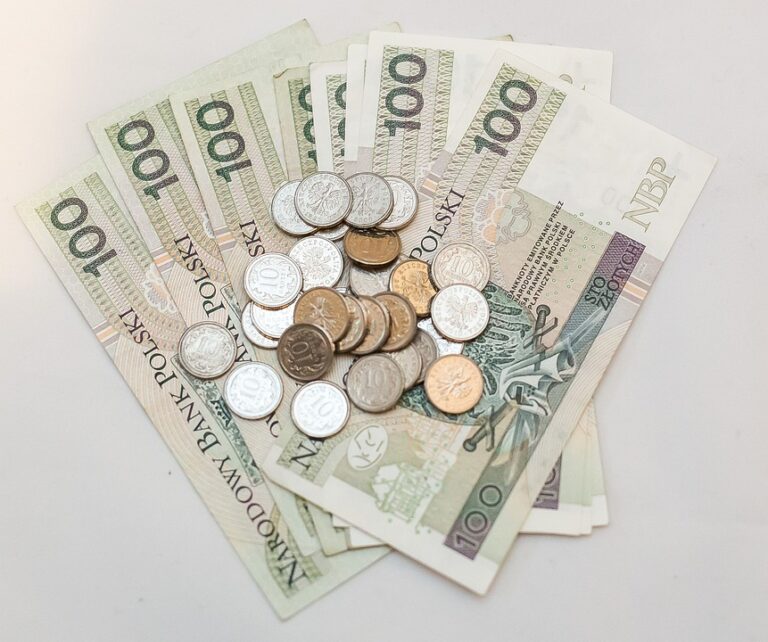Last updated Apr. 2, 2025 by Charles Zemub
Purchasing a home is a significant investment, and for those looking to maximize their budget, buying a foreclosed home can be an attractive option. Foreclosed homes often come at a lower cost compared to market-value homes, allowing buyers to potentially acquire a more substantial property for less money. However, the process of buying a foreclosed home is different from a traditional real estate transaction and can entail unique challenges. In this article, we will explore the essential steps and considerations for purchasing a foreclosed home. Whether you’re an experienced investor or a first-time homebuyer, understanding the ins and outs of buying foreclosures will help you make informed decisions.
✓ Short Answer
Buying a foreclosed home involves purchasing a property that the lender has repossessed due to the homeowner’s failure to pay the mortgage. While foreclosed homes can offer significant savings, buyers should be prepared for potential risks, such as property repairs. Key steps include obtaining pre-approval for financing, working with a knowledgeable real estate agent, researching property records, and conducting thorough inspections. Additionally, buyers should be familiar with different buying processes, such as auctions and real estate-owned (REO) sales, to successfully navigate the purchase of a foreclosed home.
Understanding Foreclosures
Before embarking on the journey of buying a foreclosed home, it’s important to understand what foreclosure entails. Foreclosure is a legal process where a lender seeks to recover the balance of a loan from a borrower who has stopped making payments. This typically results in the lender repossessing the property. The process and terms of foreclosure can vary widely depending on regional laws and lender practices.
Types of Foreclosures
-
Judicial Foreclosures: These require the lender to file a lawsuit against the borrower, and court proceedings determine the outcome. The court oversees the sale of the property, often through a public auction.
- Non-Judicial Foreclosures: Conducted outside the court system and often outline in the mortgage agreement, these are typically faster processes. The lender can carry out foreclosure, usually by auctioning the property.
Stages of Foreclosure
-
Pre-Foreclosure: The homeowner is notified of default and given a set period to catch up on payments. During this stage, homeowners may choose to sell the property to pay off outstanding debts and avoid foreclosure.
-
Auction: If the loan is not reinstated during pre-foreclosure, the home is set for public auction where the highest bidder takes ownership. Auctions can happen live, at the property, or online.
- Real Estate-Owned (REO): If the property does not sell at auction, it becomes an REO property and is owned by the lender. Lenders may sell these homes through real estate agents or auction platforms.
Steps to Buy a Foreclosed Home
1. Get Pre-Approved for Financing
Before delving into the market, secure pre-approval for a mortgage. Lenders will review your finances, including credit history, income, and existing debts, to determine potential loan amounts. This step helps to define your buying power and demonstrates to sellers and real estate agents that you are a serious buyer.
2. Work with a Knowledgeable Real Estate Agent
Foreclosed homes involve unique buying processes and potential risks, making it crucial to work with a real estate agent experienced in handling foreclosures. They will have valuable insights into the local market and can guide you in compiling a list of possible properties and navigating the complex processes associated with foreclosures.
3. Research Listings and Property Records
Once pre-approved and partnered with a real estate agent, research foreclosed listings in your desired location. It’s important to delve into the property’s history and records. Important documents, such as the title report, will indicate if there are liens or unpaid taxes on the property.
4. Attend Auctions and View REO Listings
Depending on your chosen route, you may attend auctions or view REO listings. For auctions, understanding bidding processes and having secured funds is crucial. REO homes, often listed through MLS or bank websites, might allow for regular viewings and offers.
5. Conduct Property Inspections
Foreclosed homes are generally sold "as-is," meaning repairs fall upon the buyer. Conduct thorough inspections to assess possible repairs and renovations. Obtain estimates for any required work, as these costs affect the property’s true value and your investment.
6. Make an Offer
When your due diligence concludes, you can make an informed offer. For REO properties, your agent will assist in preparing and submitting the offer to the lender or listing agent. For auction properties, ensure all finances are in place for a prompt deposit if necessary.
7. Secure Financing and Close the Sale
After your offer is accepted, work with your lender to finalize the mortgage and prepare for closing. Be ready to address any last-minute issues, such as additional negotiations or required documentation to complete the transaction.
Costs and Considerations
Potential Savings
Foreclosed homes are often priced below market value, potentially saving buyers money. However, savings can diminish if significant repairs are necessary.
Financing Challenges
Some lenders may hesitate to finance foreclosures due to the bank’s desire to close swiftly. If a property requires extensive repairs, special home renovation loans like FHA 203(k) may be considered.
Hidden Costs and Risks
Foreclosed homes can accrue unexpected costs. Buyers should budget for repairs, unpaid taxes, liens, and potential legal fees if additional problems arise. Due diligence and post-purchase planning become invaluable.
Long-Term Investment Potential
Despite possible setbacks, foreclosures can offer good returns on investment if purchased correctly and attended to promptly. Consider long-term goals and resale value when making the decision.
FAQs About Buying Foreclosed Homes
What are the pros and cons of buying a foreclosed home?
Pros: Potential below-market prices, access to loans and financial assistance aimed at foreclosures, and investment opportunities with ROIs.
Cons: "As-is" condition, risk of costly repairs, financing challenges, and possible legal issues, such as unresolved liens or lawsuits.
How is buying a foreclosed home different from a traditional purchase?
This process involves auctions, bank owners, or other atypical sales points. Properties are often sold "as-is", without seller disclosures, and may include creditor negotiations or legal considerations.
Can I negotiate the price of a foreclosed home?
Yes, especially with REO properties, as lenders may be willing to negotiate prices further below market value to quickly offload properties from their portfolio.
Do I need a real estate agent for foreclosed property purchases?
While not mandatory, agents experienced in foreclosures can assist in navigating listing intricacies, understanding legal nuances, and connecting with lenders or auction houses efficiently.
Are there specific loans available for purchasing foreclosed homes?
Yes, FHA 203(k) loans are specifically geared toward homes needing repairs. Conventional lenders may also offer certain loans with terms aligned to the riskier nature of foreclosures.
Buying a foreclosed home can be a rewarding investment, offering great value at a potentially lower cost. Buyers should arm themselves with the right knowledge, assistance, and financial preparation when considering this path in real estate acquisition.




